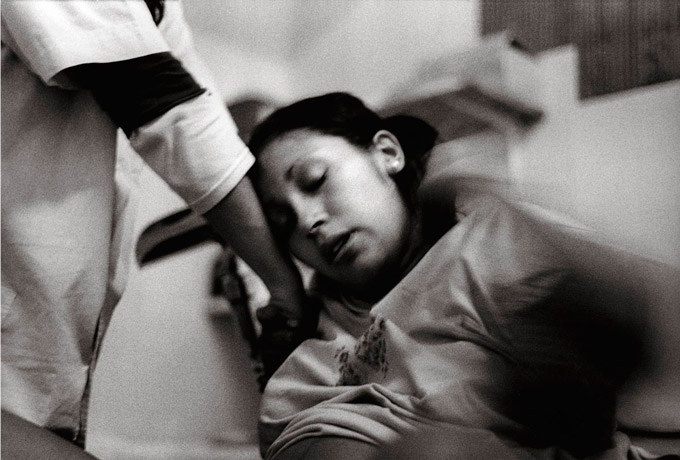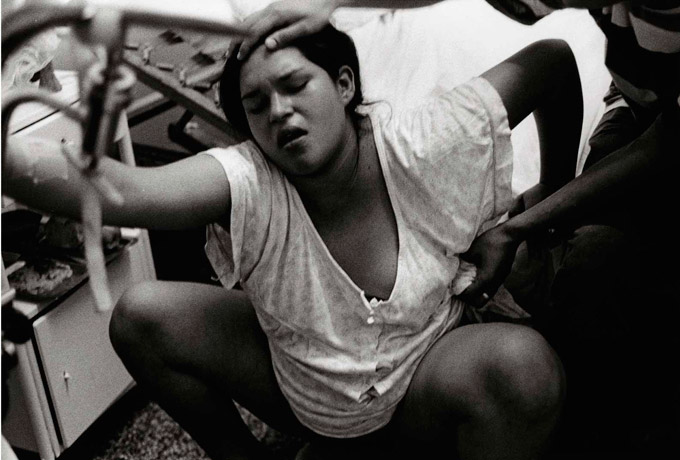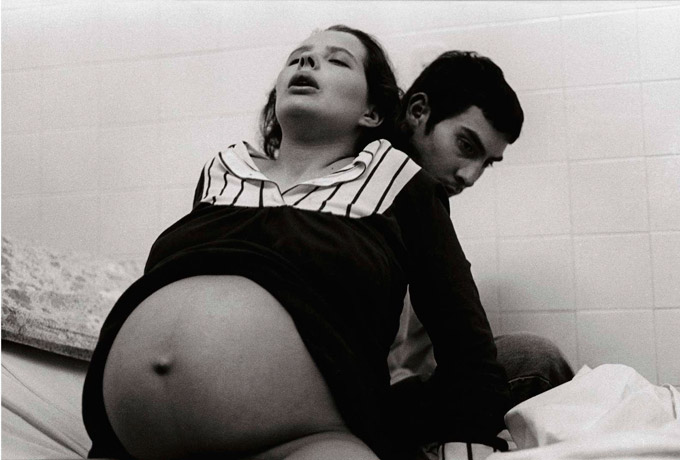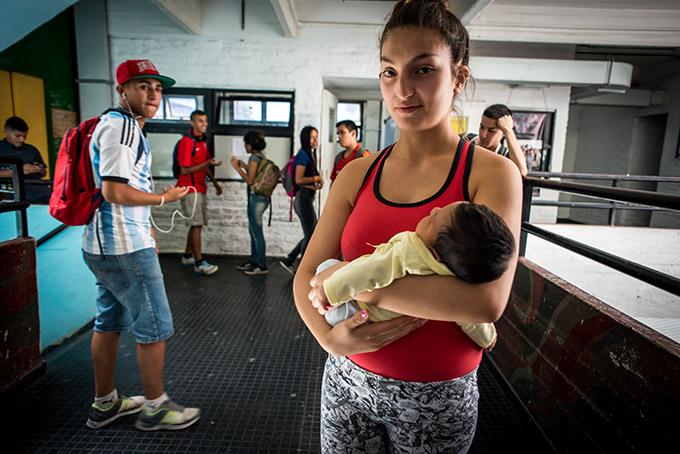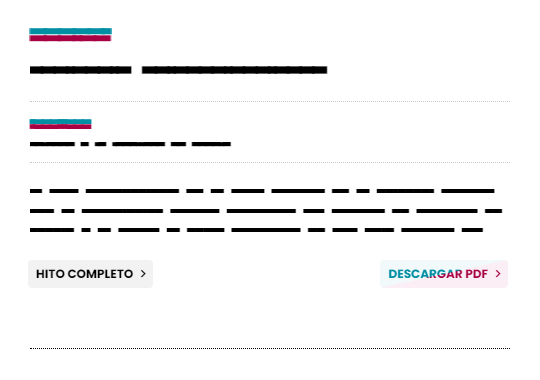The Montevideo Strategy comprises 74 measures for the ten axes for implementation that are agreed upon at the regional level by the governments of Latin America and the Caribbean, and which are subsequently adapted to the priorities and needs of the countries and inserted into the sustainable development plans, although they are applicable at different levels (national, subnational, local, regional and international). In this strategic document, the States Parties agree to define that ""The Regional Gender Agenda identifies agreements for gender equality and women's autonomy in relation to multiple issues that can be grouped into critical dimensions linked to human rights, and which, therefore, recognize women as subjects of rights and the States as guarantors of these rights, while ratifying their universal, indivisible, inalienable and interdependent nature: ii) Sexual and reproductive rights in relation to: information and comprehensive sexual education; safe and quality abortion services, in cases where abortion is legal or decriminalized in national legislation; contraception; integrated social health services; maternal mortality; sexual orientation and gender identity; universal and accessible services; disability and old age; eradication of pregnancy in girls, prevention of pregnancy and teenage motherhood; sexually transmitted infections and HIV/AIDS; health emergencies; healthy motherhood; technological development; different types of families.


